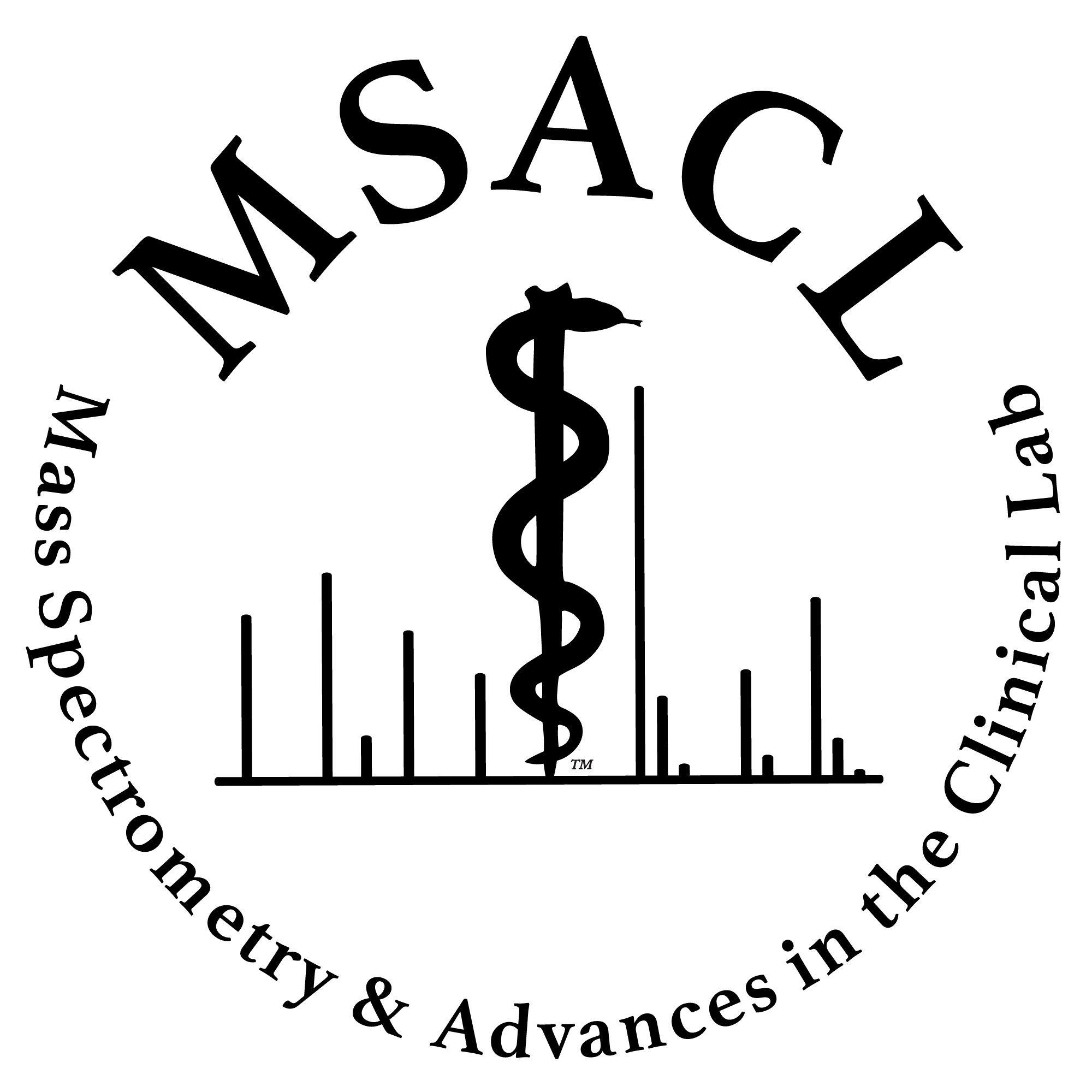MSACL 2023 Industry Workshop Presentation
*This Podium Presentation is occuring in the context of an Industry Workshop that starts at the time below.
Its actual start time may be up to 40 minutes later, depending on order of presentation if there are multiple presentations planned by the workshop host.
| Workshop Host: | Agilent Technologies |
| Day: | Thursday April 6 |
| Time: | 7:00* |
| Location: | Steinbeck 2 |
|

|
|
Next Generation of Absolute Protein Quantitation in Biological Matrixes Using MRM: Higher Multiplexity – Faster, Robust and Sensitive
|

|
Christoph Borchers, PhD
Jewish General Hospital, McGill University Montreal, QC, Canada
|
Presenter Bio: Dr. Christoph Borchers is recognized as a pioneer and leading figure in the development of mass spectrometry-based methods for protein quantification using Multiple Reaction Monitoring (MRM). He has also published more than 300 peer-reviewed papers in scientific journals, and is the founder and director of the McGill-Lady Davis Institute Integrated Proteomics Program at the Jewish General Hospital, McGill University, where he is currently a full professor in the Department of Oncology. His research is centred around the improvement, development, and application of proteomics and metabolomics technologies, with a major focus on quantitative targeted proteomics for clinical diagnostics, as well as new mass-spectrometry-based techniques for structural proteomics.
Dr. Borchers received his BS, MSc, and PhD degrees from the University of Konstanz, Germany in 1996. After his post-doctoral training and employment as a staff scientist at NIEHS/NIH/RTP, NC and he became the director of the Duke–UNC Proteomics Facility and held a faculty position at the UNC Medical School in Chapel Hill, NC (2001-2006). From 2006 to 2019, he was a Professor in the Department of Biochemistry and Microbiology, and Director of the University-Genome British Columbia Proteomics Centre at the University of Victoria, British Columbia, Canada, where he held the Rix BC Leadership Chair in Biomedical and Environmental Proteomics.
Dr. Borchers is also involved in promoting proteomics research and education through his involvement with HUPO (International Council Member), the British Columbia Proteomics Network (Executive Committee Member, past Scientific Director) and the Canadian National Proteomics Network (Member, past VP External and Chair of the Board of Directors). He is also a Fellow of the Canadian Academy of Health Sciences.
|
|
|
|
|
Summary The accurate and rapid determination of protein concentrations using multiplexed multiple reaction monitoring (MRM) with isotope-labeled internal standards has the potential to revolutionize biochemistry and medical sciences. The combination of an Evosep One LC with an Agilent QQQ6495C allows a several-fold reduction of analysis time while maintaining high multiplexicity. As an example, we show the use of a multi-protein method for the absolute quantitation of 270 proteins, combined with metabolomics and Artificial Intelligence (AI), to analyze the plasma of a COVID cohort for prediction of survival. Using samples collected on the day of admission to the ICU, a panel of 10 proteins and 5 metabolites was able to predict survival with 92% accuracy. Moreover, optimization of the Evosep/6495C combination allowed adaptation of the 270-protein MRM method to a 24-minute gradient, thus doubling the throughput compared to previous methods.
Improved sensitivity can be achieved with Immuno-affinity enrichment of targeted peptides – an example will be shown for the quantitation of proteins in the immuno-checkpoint pathway, PD-L1.
For Research Use Only. Not for use in diagnostic procedures.
|
|

